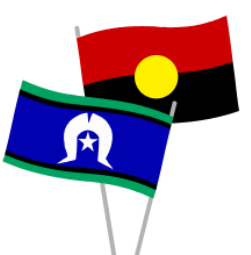
Audience
Health Professionals

Justice Professionals

Policymakers

Educators

Pregnancy + Breastfeeding

People with FASD, Parents and Carers

Researchers

Aboriginal + Torres Strait Islander Communities

To filter the results, select a specific topic
167 results

FASD – Fact Sheet infographic_Dari
This fact sheet, produced by the FASD Hub Australia provides an overview of alcohol and pregnancy and FASD in Australia.

FASD – Fact Sheet infographic_Hazaragi
This fact sheet, produced by the FASD Hub Australia provides an overview of alcohol and pregnancy and FASD in Australia.

FASD – Fact Sheet infographic_Hindi
This fact sheet, produced by the FASD Hub Australia provides an overview of alcohol and pregnancy and FASD in Australia.

FASD – Fact Sheet infographic_Punjabi
This fact sheet, produced by the FASD Hub Australia provides an overview of alcohol and pregnancy and FASD in Australia.

FASD – Fact Sheet infographic_Spanish
This fact sheet, produced by the FASD Hub Australia provides an overview of alcohol and pregnancy and FASD in Australia.

FASD – Fact Sheet infographic_Thai
This fact sheet, produced by the FASD Hub Australia provides an overview of alcohol and pregnancy and FASD in Australia.
Stay connected
Join our mailing list to hear more from the FASD Hub, including our monthly newsletters, webinar invitations, and new publications.
Acknowledgement of Country
FASD Hub Australia acknowledges Aboriginal and Torres Strait Islander peoples as the Traditional Custodians of Country throughout Australia, and we recognise their connections to land, water and community. We pay our respect to their elders past and present, and extend that respect to all Aboriginal and Torres Strait Islander peoples.
